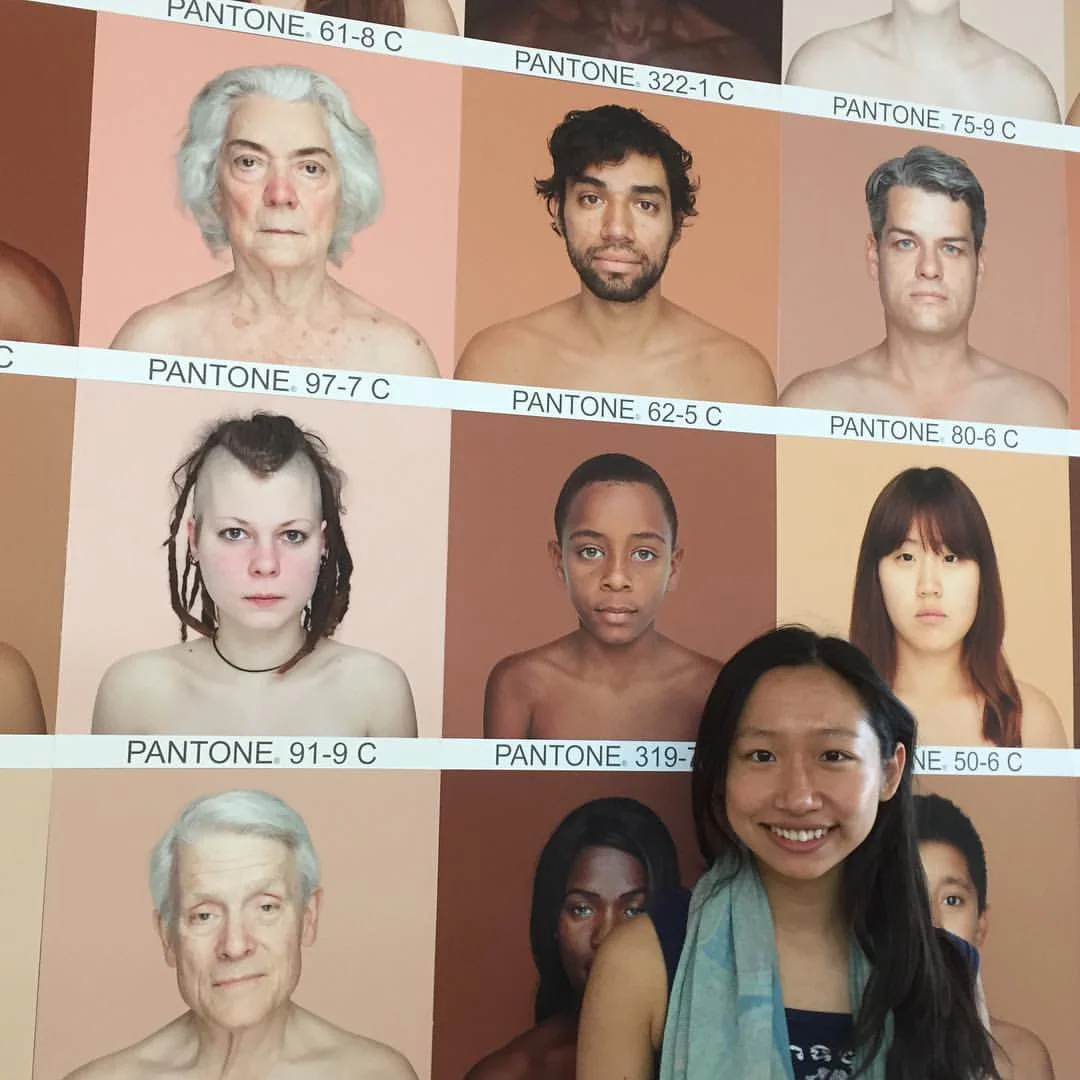When I was growing up, race was rarely discussed at home and at school. In Hong Kong, ethnic Chinese make up 95% of the population, and as a former British colony until 1997, some of us may be accustomed to seeing Caucasians we take for granted that white people disproportionately hold the powerful positions in society.
Yet, since an incident in my childhood, I have become very aware of how people may judge each other by their skin colour. I am 100% Chinese, but I just happen to become tanned quite easily. When I was 10 years old, one of my classmates always made fun of my relatively dark skin colour, and called me names that are now deemed politically incorrect.
I felt ashamed, and I blamed my father, who was more tan than my fair-skinned mother. Racial categories are socially constructed rather than innate, according to sociological theories. And perhaps it was this lived experience that made me feel sympathetic to the ethnic minorities in my hometown, Hong Kong. I have made it my mission since to ensure that their voices and stories get heard, on an equal level.
We never talked about racism in education. Yet there were things in my education that helped me unlearn the belief that the lighter the colour of one’s skin, the higher the ‘value’. When I was 14, in our first class of Literature in English, I remember our teacher saying, rather solemnly, that “our subject is called Literature in English, rather than English Literature.” He took a long pause. I remember not being able to understand what the difference was between the two, even though it should be very obvious.
“Do you know what the difference is?” He asked. Our class was silent. He then said, “It is Literature in English because we will be reading authors who write in English, but they will come from all over the world. The English language is not the exclusive domain of the English people, in the UK.”
It was a moment of enlightenment for me. It instilled in me this critical mindset, this yearning to challenge the status quo; and it gave me a sense of agency. Slowly from that point onwards, I gained my confidence.
Looking back on the incident 14 years ago, I should have stood up for myself, and told her that we should all be equal regardless of skin colour. Yet, back then, I did not have the courage, nor did I feel like I had a reason to challenge that misguided belief. This is why I feel so strongly about ensuring that the marginalised are equipped with the tools to share their stories and have their voices heard through my work at Lensational.
To turn the tide, we need the wider society — not only the fraction of people who have been marginalised — to recognise the root causes of inequalities. When I was 20 and completing my master’s degree, I learnt about critical theory. This includes post-colonialism, which discusses the cultural legacies of colonialism. After I learnt it, I could apply this to the phenomenon in Hong Kong where we often see white people in positions of power, while Chinese people see other non-Whites as less important. But we simply can’t wait until higher education to talk about these issues — early adolescence are critical years where values are formed.
How to talk about race in education is a topic for another day, but I recommend checking out the important work of Black Cultural Archives and Fearless Futures, two UK-based organisations I know well. They work in schools to help start some of the difficult but important conversations around race and privilege.
I don’t believe that race is the be all and end all. I do hope that there comes a point in the near future when race becomes obsolete, when everyone is treated on an equal basis. To achieve this, we need to start talking aboutracism in Education, whenever we are.

